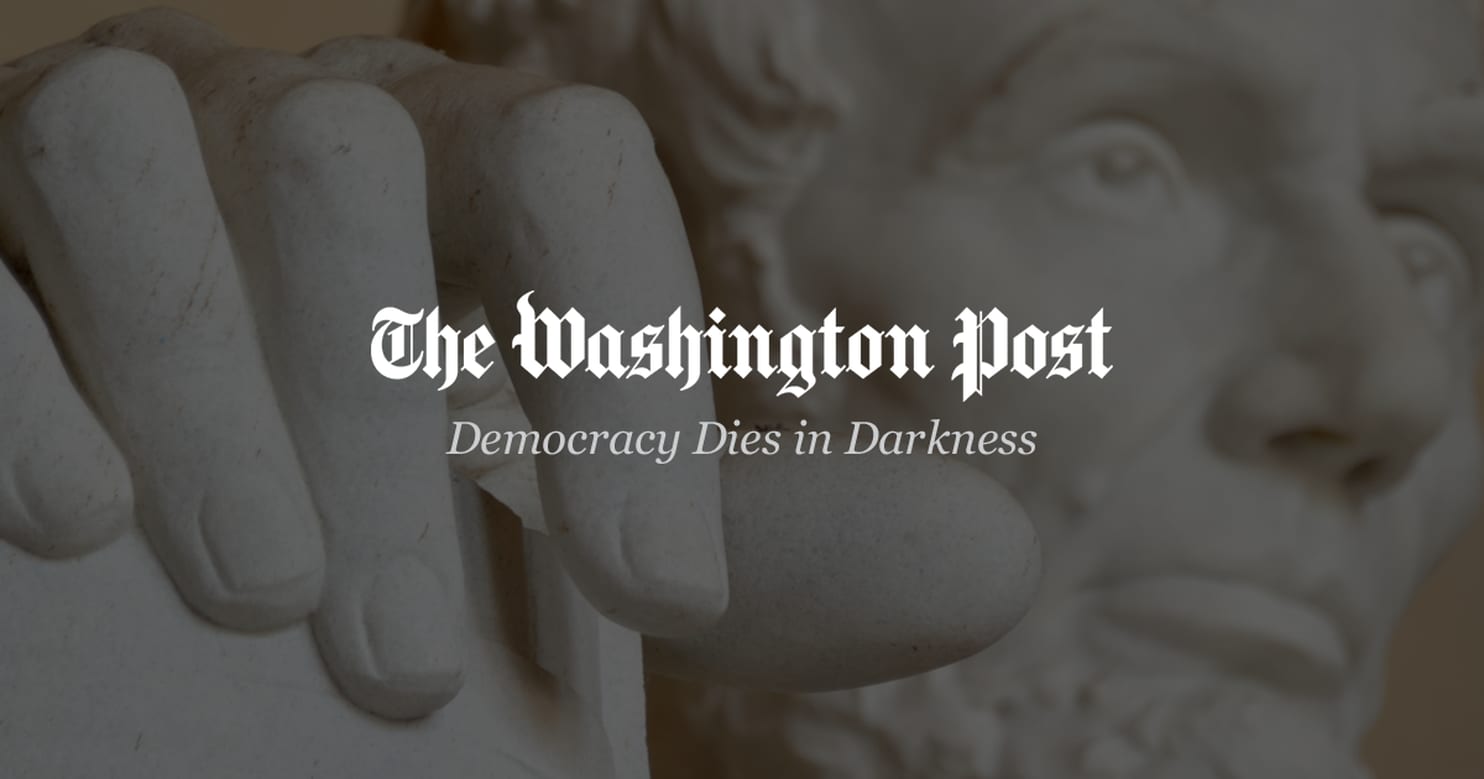The Just Energy Transition Partnership with Vietnam is among a series of agreements that developing and rich nations are negotiating. The first such deal was signed with South Africa last year, and a similar agreement was reached with Indonesia last month.
“Vietnam is a dynamic, emerging economy at the heart of Southeast Asia,” British Prime Minister Rishi Sunak said. “The investment we are making today means the country can cut its emissions while simultaneously creating new jobs and growth.”
The U.K., Canada, France, Germany, Italy, Japan and the United States comprise the G-7.
U.S. climate envoy John Kerry, a veteran of the U.S. war in Vietnam, had made Vietnam a focus of his climate work for the Biden administration. Kerry took repeated trips there to urge Vietnamese leaders to call off pending coal-fired power projects and to team up with wealthier nations on cleaner energy instead.
U.S. President Joe Biden said the deal would help Vietnam “deliver long-term energy security,” create opportunities for the country’s population and advance “the fight against the global climate crisis.”
“Today’s announcement is an important step, but there is still a long way to go,” U.N. spokesman Stephane Dujarric said.
The $15.5 billion of funding will come from public and private sources over the coming three to five years, much of it in the form of loans, according to the agreement.
By using the money to expand its electricity grid and increase renewable energy production, Vietnam will be able to bring forward its target for peaking emissions from 2035 to 2030. The country will also raise its 2030 target for electricity from renewable sources to 47% from a previous forecast of 36%.
The successful delivery of these ambitious targets is expected to result in around 500 megatons (0.5 billion tonnes) of cumulative emissions saved by 2035.
Ellen Knickmeyer in Washington and Edith M. Lederer in New York contributed.



